Life
Sign up for our newsletter
We summarize the week's scientific breakthroughs every Thursday.
-
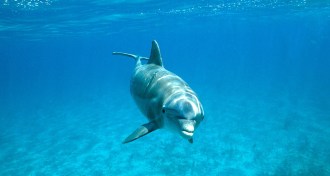 Animals
AnimalsSnot could be crucial to dolphin echolocation
An acoustic model reveals that echolocation relies on mucus lined tissue lumps in the animal’s nasal passage.
-
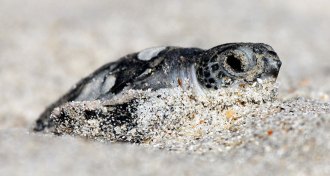 Animals
AnimalsFor baby sea turtles, it helps to have a lot of siblings
After hatching, baby sea turtles must dig themselves out of their nest. This requires less energy if there are lots of siblings, a new study finds.
-
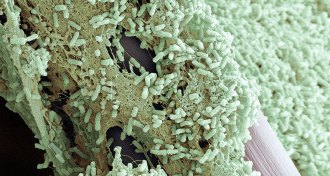 Life
LifeScientists find way to break through bad bacteria’s defenses
Enzymes can break down bacterial biofilm’s sugary walls.
-
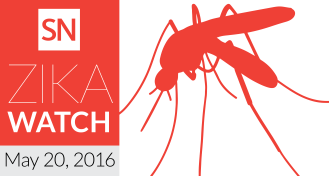 Health & Medicine
Health & MedicineCDC tracking 279 U.S. pregnant women with possible Zika infections
The number of U.S. pregnant women with evidence of Zika infection has climbed to nearly 300, and includes both women with and without symptoms.
By Meghan Rosen -
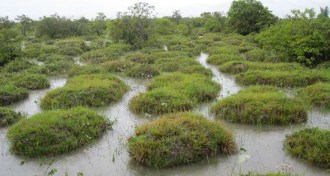 Animals
AnimalsThese mystery mounds are actually giant piles of earthworm poop
The grassy mounds that dot a watery landscape in South America are created by giant earthworms, a new study finds.
-
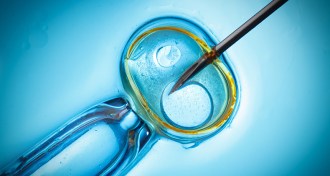 Genetics
GeneticsRisk identified in procedure for ‘three-parent babies’
Resurgent mitochondria could spell trouble for disease therapy.
-
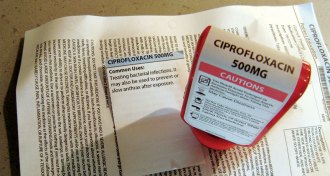 Neuroscience
NeuroscienceWiping out gut bacteria impairs brain
Antibiotics that wiped out gut bacteria curbed brain cell production in mice, a new study finds.
-
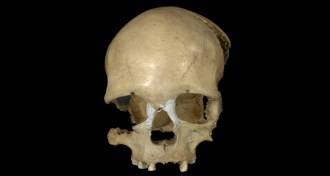 Genetics
GeneticsSome Stone Age humans ventured back to Africa
DNA from an ancient woman suggests some humans trekked back to Africa.
By Bruce Bower -
 Genetics
GeneticsSome Stone Age humans returned to Africa
DNA from an ancient woman suggests some humans trekked back to Africa.
By Bruce Bower -
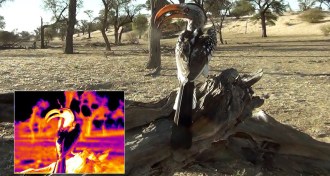 Animals
AnimalsHornbills join toucans in the cool beak club
Like toucans, southern yellow-billed hornbills keep things chill with cool beaks.
-
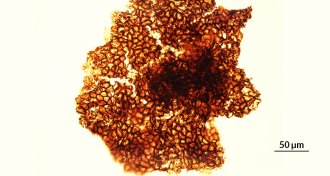 Life
Life1.56-billion-year-old fossils add drama to Earth’s ‘boring billion’
Ancient multicellular eukaryotes big enough to be seen by the naked eye discovered in 1.56-billion-year-old rock in China may be an ancestor of modern algae.
By Meghan Rosen -
 Health & Medicine
Health & MedicineMath offers new view of brain and its disorders
Editor in chief Eva Emerson discusses new insights into the brain's role in mental illness, sleep, and ancient rituals.
By Eva Emerson